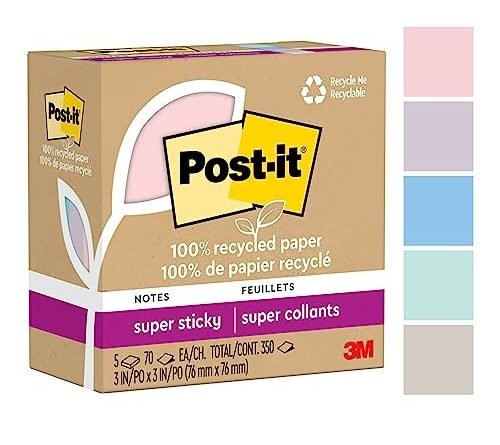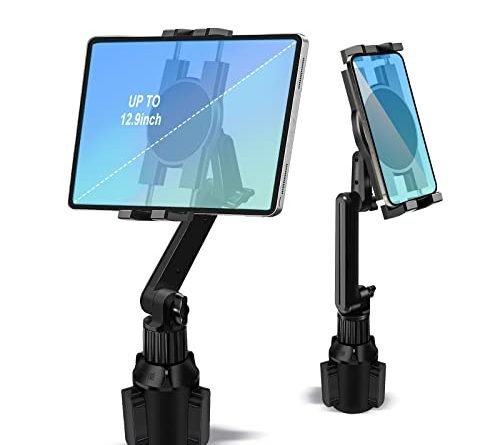
In the modern era of constant connectivity and technological dependency, it can be challenging to truly disconnect from work and responsibilities at the end of the day or during a vacation. With the ever-present temptation of checking emails, answering calls, and staying updated on work-related matters, finding a way to fully unwind and escape the pressures of daily life seems increasingly elusive.
However, it is essential to prioritize our mental well-being and recharge our batteries by disconnecting from the digital world. So, can you truly detach yourself from work and technology, and embrace the much-needed joys of leisure time?
The Importance of Disconnecting
In today’s fast-paced and hyperconnected world, finding moments to disconnect from technology and the demands of work has become increasingly crucial. Disconnecting not only allows us to recharge and enjoy our personal lives, but it also promotes better mental health, enhances relationships, and increases productivity and job satisfaction. In this article, we will explore the benefits of disconnecting, the effects of not disconnecting, and how to find the right balance in a digitally-driven society.
Benefits of Disconnecting
Disconnecting at the End of the Day
Creating a clear boundary between work and personal life is essential for maintaining overall well-being. By disconnecting at the end of the day, you give yourself the opportunity to relax, recharge, and engage in activities that bring you joy. It allows you to transition from work mode to personal mode, helping to reduce stress and prevent burnout.
Disconnecting During Vacation
Taking time off from work and fully disconnecting during vacation is equally important. It allows you to recharge both physically and mentally, explore new experiences, and create lasting memories. Disconnecting during vacation also provides an opportunity for personal growth, increased creativity, and a fresh perspective when returning to work.
Managing Work-Related Stress
Disconnecting from work can significantly help manage work-related stress. By stepping away from work and giving yourself a break, you can identify and address triggers that contribute to stress. Practicing stress management techniques such as mindfulness, exercise, and hobbies during these disconnect periods can help alleviate stress and promote a healthier work-life balance.
Finding Work-Life Balance
Disconnecting plays a vital role in finding work-life balance. Setting priorities and boundaries is essential to ensure that work does not dominate your personal life. Taking regular breaks throughout the day, implementing time management strategies, and maintaining healthy habits are all effective ways to achieve a harmonious integration of work and personal life.
Effects of Not Disconnecting
Fear of Missing Out (FOMO)
One of the challenges of not disconnecting is the fear of missing out (FOMO). With the constant stream of updates and notifications from social media and work-related platforms, it can be challenging to resist the urge to stay connected at all times. FOMO can lead to increased stress, anxiety, and a sense of always being “on,” which can negatively impact your well-being.
Peer Pressure to Stay Connected
The pressure to constantly stay connected can come from peers, colleagues, and even societal expectations. It can be tempting to continually check emails, respond to messages, or participate in work-related activities outside of regular working hours. However, succumbing to this peer pressure can hinder disconnecting opportunities and lead to an imbalance between work and personal life.
Overcoming the Need for Constant Communication
In today’s digital age, the need for constant communication and immediate response has become ingrained in many workplaces. However, always being available can lead to a lack of boundaries and a constant state of stress. Overcoming the need for constant communication requires setting clear expectations with colleagues and establishing designated periods for uninterrupted focus or personal time.
Finding the Right Balance
While disconnecting is important, finding the right balance in a digitally-driven society is crucial. It is not about completely severing ties with technology or work but rather establishing healthy boundaries and habits. Here are some strategies to help you find the right balance:
Setting Do Not Disturb (DND) Mode
Utilize the Do Not Disturb mode on your devices to set boundaries and limit interruptions during designated times, such as in the evening or during personal activities. This feature can help you create uninterrupted spaces for relaxation, hobbies, or quality time with loved ones.
Using Digital Detox Apps
There are various digital detox apps available that can help you track and manage your screen time. These apps provide insights into your usage patterns, allow you to set goals for reducing screen time, and even provide reminders to take breaks and disconnect. Incorporating these tools into your routine can be highly beneficial in finding a healthier balance.
Managing Notifications
Take control over the notifications you receive on your devices. Disable or limit notifications from non-essential apps or during predetermined times. Prioritize notifications that are vital for your work or personal life, and filter out distractions that may interrupt your disconnect time.
Tracking Screen Time
Monitoring and understanding your screen time can be a great starting point for finding the right balance. Many devices offer built-in screen time tracking features that show you how much time you spend on different apps or activities. Analyze these insights and gradually reduce excessive screen time to create opportunities for disconnecting.

Exploring the Psychological Impact
Constant Connectivity and Stress
Constant connectivity can contribute significantly to stress levels. The pressure to be available and responsive at all times can lead to chronic stress, impacting both physical and mental health. Taking regular breaks from technology and work-related demands allows the mind to rest, reducing stress and promoting overall well-being.
The Need for Mental Restoration
Disconnecting provides a chance for mental restoration. It allows the brain to shift focus from work-related tasks and stimuli to engage in activities that promote relaxation and rejuvenation. This mental restoration is crucial for cognitive function, creativity, and problem-solving abilities.
Effects on Productivity and Creativity
Paradoxically, constant connectivity can hinder productivity and creativity. Overexposure to work-related tasks and digital distractions can lead to cognitive overload, decreased focus, and reduced creative thinking. Disconnecting allows for uninterrupted periods of deep work, fostering productivity and enhancing creative thinking.
Risk of Burnout
Failure to disconnect and find a healthy work-life balance increases the risk of burnout. A constant state of stress, exhaustion, and dissatisfaction can lead to burnout, negatively impacting mental and physical health. By prioritizing disconnecting and engaging in activities that bring joy and relaxation, the risk of burnout can be significantly reduced.
Disconnecting for Improved Well-being
Improved Mental Health
Disconnecting has a profound impact on mental health. It reduces stress levels, promotes better sleep quality, and fosters emotional well-being. By disconnecting, you create time and space for self-care, introspection, and nurturing relationships, which are vital for maintaining overall mental well-being.
Enhanced Relationships
Disconnecting allows you to be present in the moment and fully engage with your loved ones. By being physically and mentally available during personal time, you strengthen relationships, foster deeper connections, and create lasting memories. Disconnecting also cultivates empathy, active listening, and emotional support, leading to healthier and more fulfilling relationships.
Increased Productivity
Taking regular breaks, disconnecting, and establishing a healthy work-life balance can significantly increase productivity. By giving your mind opportunities to recharge and providing time for restorative activities, you enhance focus, creativity, and problem-solving abilities. As a result, when you return to work, you are more energized, motivated, and productive.
Higher Job Satisfaction
Disconnecting and finding work-life balance ultimately contribute to higher job satisfaction. When you prioritize your personal well-being and engage in activities that bring you joy and fulfillment, you develop a positive relationship with your work. This increased job satisfaction leads to better overall job performance, job retention, and a greater sense of fulfillment in your career.
Conclusion
Acknowledging the importance of disconnecting is the first step towards achieving a healthy work-life integration. While the challenges of constant connectivity and peer pressure may exist, the benefits of disconnecting far outweigh them. It is essential to find personal approaches to disconnect, set boundaries with work, and utilize technology tools for a balanced digital lifestyle.
Striving for a healthy work-life integration not only improves well-being but also enhances relationships, increases productivity, and cultivates higher job satisfaction. So, take time to disconnect, relax, and enjoy the moments that truly matter.






